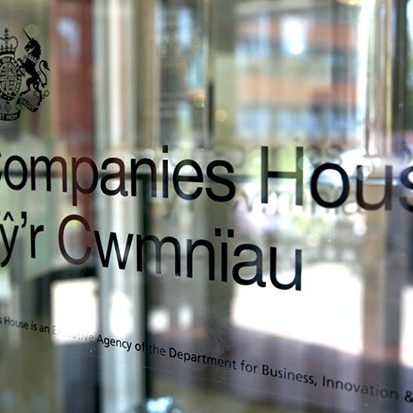Asset recovery laws is our priority area that aims to assess what makes a good law that contributes to preventing grand corruption, returning the proceeds of corruption and making the return one that contributes to systemic change.
Background
The traditional approach to asset recovery has focussed on criminal proceedings through strong anti-corruption laws and facilitated by solid asset recovery laws. Consequentially, introducing asset recovery laws has been an ask of anti-corruption civil society in many countries, particularly in recent years in the Global South. Little though has been done to understand the link between asset recovery laws and actual recovery, and between asset recovery laws and citizen oversight of their governments more broadly.

What we’re doing
Our priority in this area is to work with our partner organisations to evaluate, design and advocate for strong laws that both prevent public asset theft and ensure transparent and accountable returns. It is also to lead and support investigations by investigative journalists and CSOs into compliance with existing laws, including in particularly sanctions. Further aims to promote compliance with existing laws, through our wok on illicit financial flows and expanding our EU Sanctions Watch work.
Illicit financial flows
Topic guide: Illicit financial flows
This Guide, prepared in cooperation with the Transparency International Anti-Corruption Heldpesk, aims to provide a comprehensive and updated overview of illicit financial flows(IFFs).
The Shadow Economy: Germany and illicit financial flows
What are illicit financial flows and what is the role of countries from the “Global North”, and in particular Germany, in hiding those assets and what should they do to prevent this?
Cross-border criminality: Organised crime and illicit financial flows in Germany
Organised crime has developed over the years creative and powerful ways to exploit the loops in the global financial system to launder their revenues from criminal activity.
Beneficial ownership
Beneficial ownership: The state of play 2017
Countries are moving more and more to public, open data registers of beneficial ownership. These registers are already in place in a number of jurisdictions. We examine these here and draw conclusions on how existing registers should be improved and new ones created.
Country-level compliance
Legislation and practice related to the recovery of stolen assets, including civil society activity, in five countries in East and Southern Africa: Burundi, Ethiopia, South Africa, Uganda and Zambia, as well as a regional comparative study comparing national legislative and practical efforts.
Stolen asset recovery between Germany and developing countries
Is Germany a safe haven for corrupt money from developing countries? Are there any prominent asset recovery cases and what is the role of development agencies?
